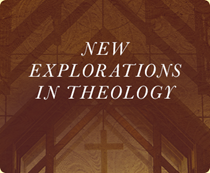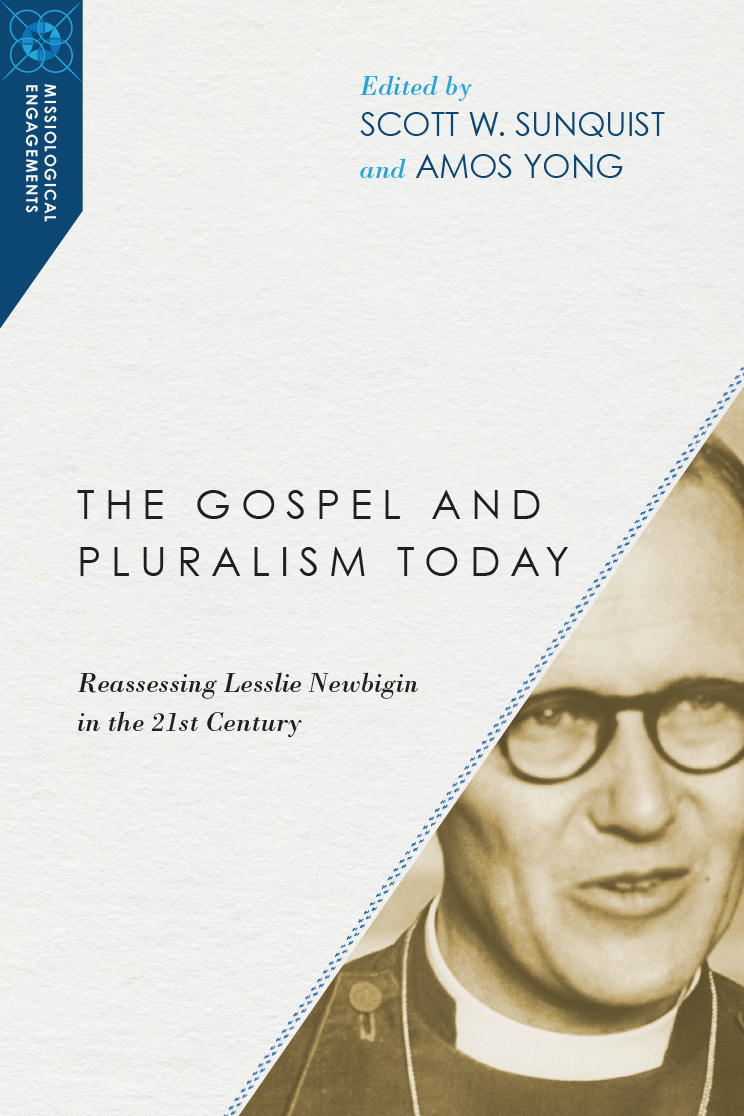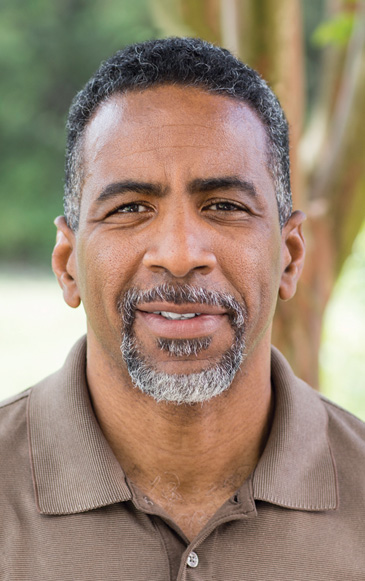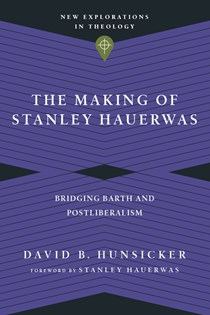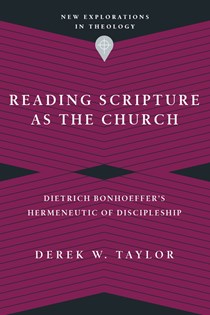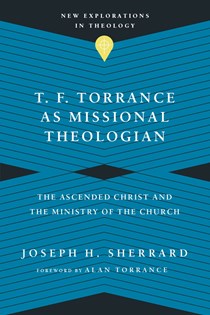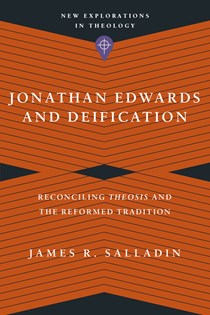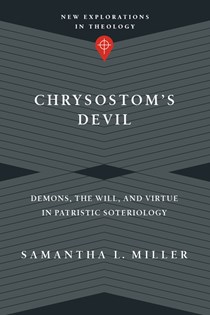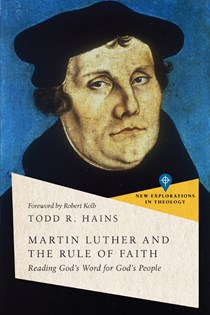Search Results
Showing 1 - 10 of 10 results
-
New Explorations in Theology
Theology is flourishing in dynamic and unexpected ways in the twenty-first century. Featuring new monographs with cutting-edge research, New Explorations in Theology provides a platform for constructive, creative work in the areas of systematic, historical, philosophical, biblical, and practical theology.
-
InterVarsity Press is thrilled to announce the publication of three new series in its IVP Academic line of books. The series—Missiological Engagements (ME), New Explorations in Theology (NET) and Studies in Christian Doctrine and Scripture (SCDS)—further expand and deepen IVP Academic's reach into a broad range of scholarship.
-
-
The Making of Stanley Hauerwas
Bridging Barth and Postliberalism
New Explorations in Theology
by David B. Hunsicker
Foreword by Stanley HauerwasStanley Hauerwas is often associated with the postliberal theological movement, yet he also claims to stand within Karl Barth's theological tradition. Which is true? Theologian David Hunsicker offers a reevaluation of Hauerwas's theology, arguing that he is both a postliberal and a Barthian theologian, helping us understand both the formation and the ongoing significance of one of America's great theologians.
-
-
Reading Scripture as the Church
Dietrich Bonhoeffer's Hermeneutic of Discipleship
New Explorations in Theology
by Derek W. Taylor
The Bible is meant to be read in the church, by the church, as the church. Following the example of Dietrich Bonhoeffer, Derek Taylor argues that we should regard the reading of Scripture as an inherently communal exercise of discipleship. In conversation with other theologians, Taylor shares how this approach to Scripture can engender a faithful hermeneutical community.
-
T. F. Torrance as Missional Theologian
The Ascended Christ and the Ministry of the Church
New Explorations in Theology
by Joseph H. Sherrard
Foreword by Alan TorranceWhat contribution can T. F. Torrance make to the discussion of a "missional" view of the church? Theologian and pastor Joseph Sherrard considers how Torrance's theology can inform the church's understanding of its ministry and mission—in particular, his appeal to the church's participation in the ascended Christ's threefold office as king, prophet, and priest.
-
Jonathan Edwards and Deification
Reconciling Theosis and the Reformed Tradition
New Explorations in Theology
by James R. Salladin
The language of deification, or participation in the divine nature as a way to understand salvation, often sounds strange to Western Christians. But perhaps Western theologies have more in common with theosis that we thought. James Salladin considers the role of deification in the theology of Jonathan Edwards, exploring how Edwards's soteriology compares with the broader Reformed tradition.
-
Chrysostom's Devil
Demons, the Will, and Virtue in Patristic Soteriology
New Explorations in Theology
by Samantha L. Miller
References to demons and the devil permeate the rhetoric of John Chrysostom, the "golden-tongued" early church preacher and theologian. Samantha Miller examines Chrysostom's theology and world, helping us understand the role of demons in his soteriology and exploring what it means to be human and to follow Christ in a world of temptation.
-
Martin Luther and the Rule of Faith
Reading God's Word for God's People
New Explorations in Theology
by Todd R. Hains
Foreword by Robert KolbMartin Luther is known for challenging the Roman Catholic church; yet reading God's Word was what Luther considered his primary task. Though he is often portrayed as reading the Bible with a bare approach, Todd R. Hains considers how Luther's interpretation of the text was actually guided by the church's established practice of hermeneutics.


